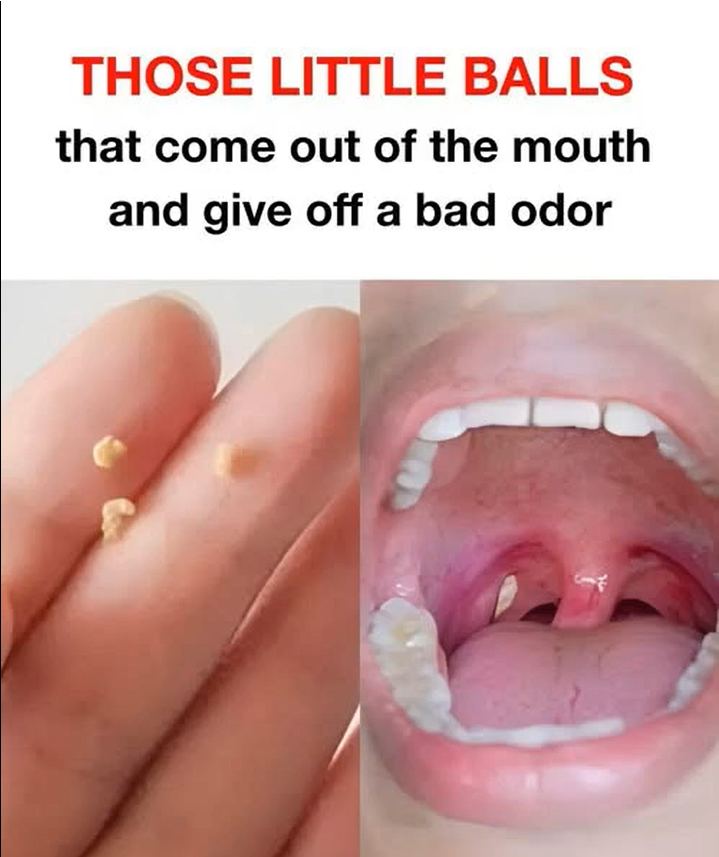The Silent Suffocator: Understanding and Managing Tonsil Stones
Tonsil stones, also known as tonsilloliths, are a surprisingly common yet often overlooked cause of discomfort and bad breath. These small, pebble-like formations develop within the crevices of your tonsils, silently accumulating until they make their presence known. But what exactly are these unwelcome guests, and how can you deal with them?
What are Tonsil Stones? A Closer Look
Imagine tiny pockets within your tonsils, perfect hiding places for the detritus of daily life. These pockets become breeding grounds for a mix of dead cells, food particles, mucus, and bacteria. This unpleasant combination solidifies, forming the hard, often yellowish or whitish masses we know as tonsil stones. While seemingly innocuous at first glance, their accumulation can trigger a range of symptoms, significantly impacting your quality of life.
The Unseen Culprit: Bacteria and Bad Breath
One of the most frustrating aspects of tonsil stones is their strong association with persistent bad breath, or halitosis. This isn’t just any bad breath; the sulfur-producing bacteria thriving within the stones unleash a potent and often embarrassing odor. Regular mouthwash and brushing simply can’t eliminate the source of the problem, leaving you constantly battling a seemingly insurmountable foe.
More Than Just Bad Breath: Recognizing the Symptoms
While halitosis is the most common complaint, tonsil stones can cause a range of other bothersome symptoms. You might experience a persistent feeling of something lodged in your throat, a constant tickle that won’t go away. Mild to moderate throat pain is also a common occurrence, sometimes accompanied by difficulty swallowing. In some cases, you may even be able to visually identify the stones as small, white or yellow specks nestled within your tonsils.
Taking Control: Managing Tonsil Stones Effectively
Thankfully, managing tonsil stones doesn’t necessarily require drastic measures. The cornerstone of treatment is meticulous oral hygiene.
The Power of Prevention: Oral Hygiene Habits
Regular and thorough brushing and flossing are crucial in minimizing the build-up of debris that contributes to stone formation. Gargling with salt water can also help dislodge smaller stones and reduce inflammation. Staying adequately hydrated helps keep the throat moist, preventing the formation of dry pockets where stones can thrive.
When to Seek Professional Help
While home remedies often suffice, persistent or recurring tonsil stones, or those accompanied by severe pain or difficulty swallowing, require professional attention. Your doctor or an ENT specialist can assess the situation and advise on more advanced treatments, such as irrigation or, in severe cases, surgical removal of the tonsils.
This blog post provides general information and should not be considered medical advice. Always consult with a healthcare professional for any health concerns.




